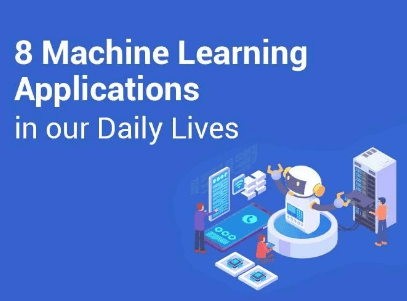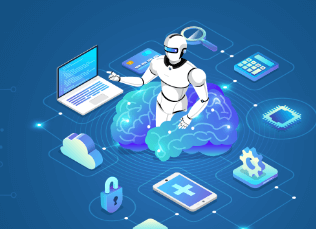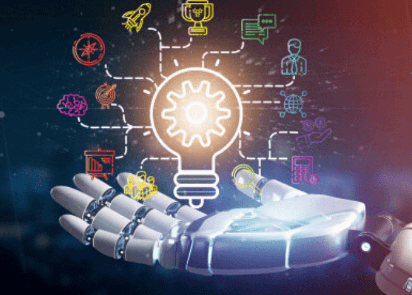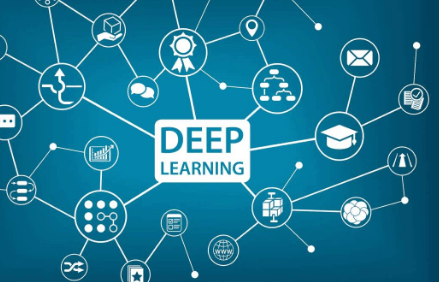Machine Learning in Everyday Life: Real-World Applications

Machine learning has become integral to numerous daily functions, shaping personalized experiences and operational efficiencies across sectors. Its capacity to analyze vast data sets enables tailored recommendations, intelligent automation, and predictive diagnostics. As innovations advance, understanding the scope and implications of these applications becomes essential. Exploring how machine learning influences individual autonomy and industry standards raises critical questions about future integration and ethical responsibilities. The evolving landscape invites further examination of its broader societal impact.
Personalized Recommendations and Content Curation
Personalized recommendations and content curation have become integral components of digital experiences, driven by machine learning algorithms that analyze user behavior, preferences, and engagement patterns.
However, algorithm bias can skew content, challenging the ideal of free choice.
Balancing innovation with safeguarding user privacy remains crucial, ensuring personalized experiences do not compromise individual autonomy or data integrity.
See also: prono-verite.co.uk
Virtual Assistants and Smart Home Devices
Virtual assistants and smart home devices exemplify the integration of machine learning into everyday environments, transforming passive objects into interactive, adaptive systems.
Leveraging advanced voice recognition and emotion detection, these technologies analyze user intent and mood, enabling personalized responses that foster autonomy.
This innovation empowers users to shape their environment freely, enhancing convenience and emotional resonance within their living spaces.
Healthcare and Medical Diagnostics
How is machine learning revolutionizing healthcare and medical diagnostics? Advanced algorithms enhance genetic analysis, enabling precise identification of genetic markers and personalized treatments. They also improve disease prognosis accuracy, empowering clinicians with predictive insights.
This innovation fosters a more autonomous approach to health, offering individuals greater control over their well-being through data-driven, customizable care pathways.
Financial Services and Fraud Detection
Machine learning technologies are increasingly integral to the evolution of financial services, particularly in the domain of fraud detection. These systems enhance credit scoring and risk assessment by analyzing vast data patterns, enabling innovative, autonomous decision-making.
This approach fosters transparency and empowerment, offering institutions and consumers greater control over financial choices and security, ultimately promoting a liberated financial ecosystem.
Conclusion
Machine learning’s integration into daily life exemplifies a transformative shift toward smarter, more responsive environments. Its applications enhance convenience, safety, and personalization across sectors, from healthcare to finance. As technology continues to evolve, the critical challenge lies in balancing innovation with ethical responsibilities, such as safeguarding privacy and mitigating bias. Will society effectively harness these advancements to foster trust and equitable benefits, or will unchecked reliance on algorithms compromise individual autonomy? Embracing responsible innovation remains essential for sustainable progress.





